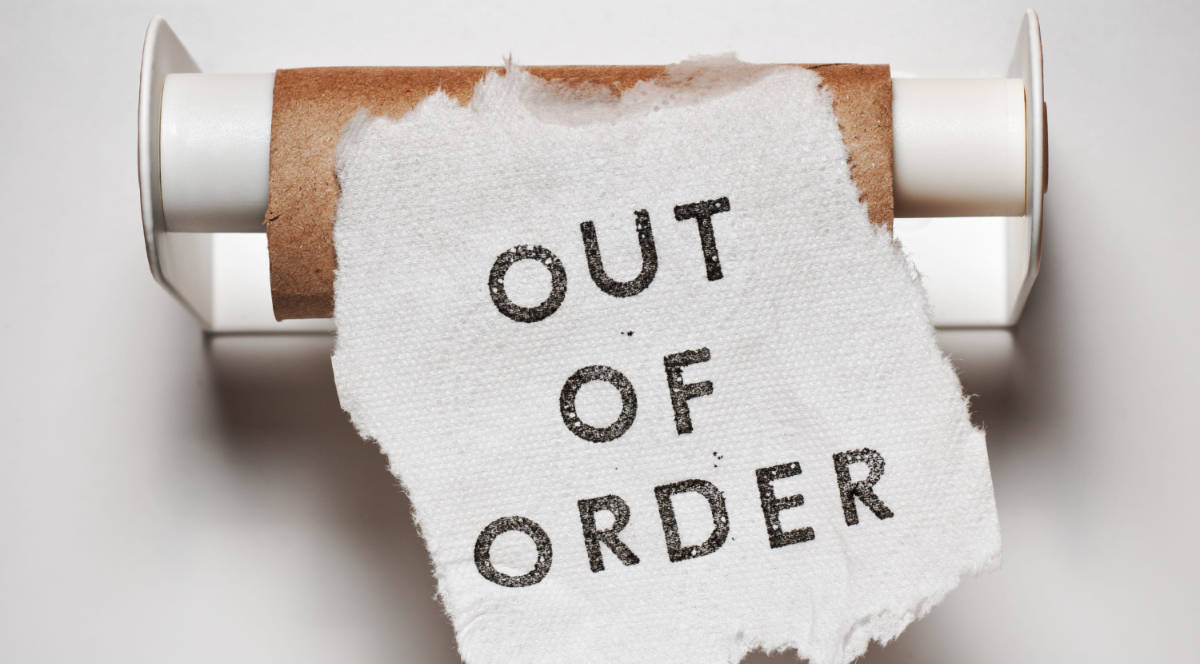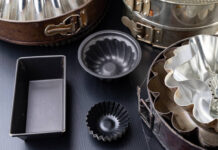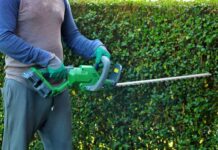In 2017, a 130 tonne mass of grease, cooking fat, and wet wipes was discovered in the sewers of London, and took more than two months of drilling to disperse.
It has now emerged that all wet wipes, even the ones marked ‘flushable’, fail industry disintegration tests, and can be a blockage risk even in small numbers.
6 things not to flush to avoid a blocked toilet
Clearly, wet wipes are not good toilet fare, but here are six other classic candidates for flushing that you should not, under any circumstances, attempt to put down the loo.
1. Cotton bud and cotton wool
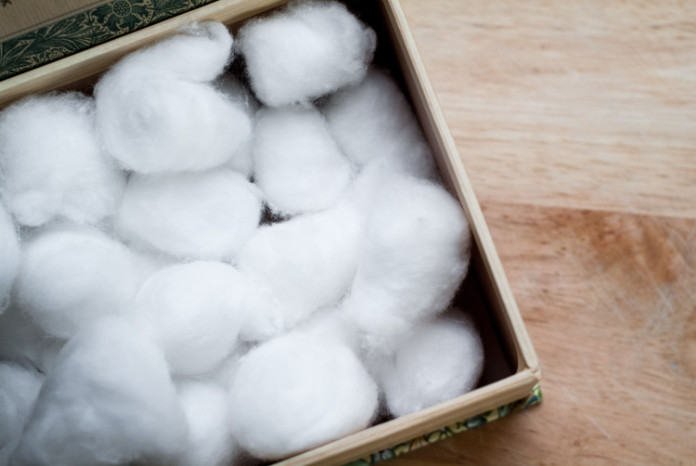
You might think cotton would disintegrate easily, but when it comes to causing blockages, cotton products are second to none. Cotton wool is especially bad – it has a tendency to clump together, creating a highly absorbant, ever-expanding snowball in your water pipes. Be kind to your U-bend, and to your poor, poor plumber.
2. Nappies
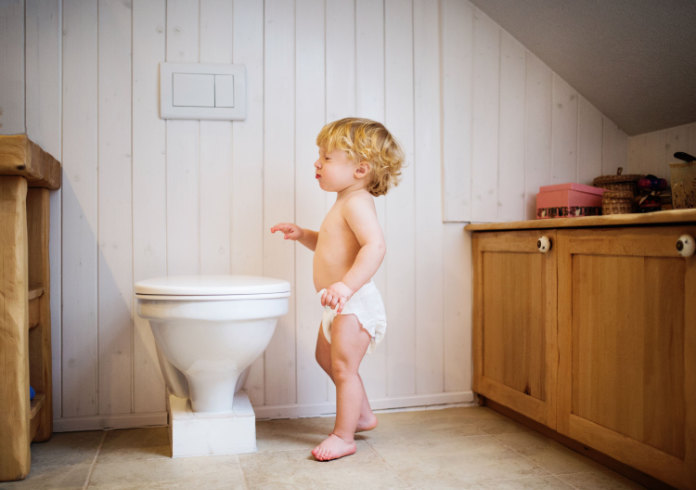
Just because something involves human waste, doesn’t mean it’s automatically toilet-friendly. The size of most nappies really ought to put off prospective flushers, but a few brave souls have forged ahead nonetheless. Nappies expand in water, and made a meaty contribution to the great London fatberg. No more nappy-flushing. You know who you are.
3. Cigarette butts
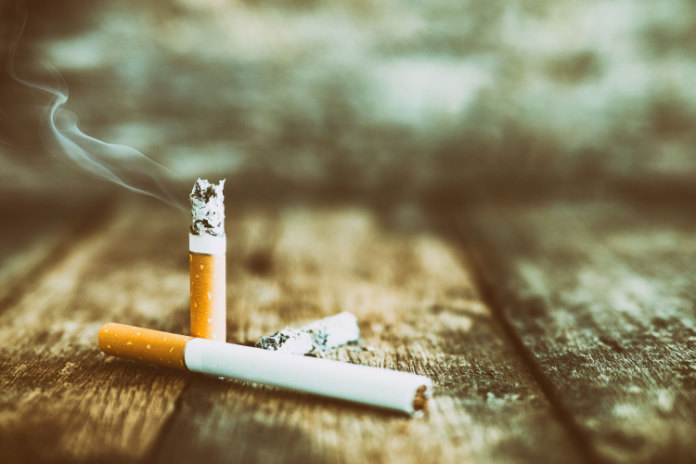
Nicotine can be a laxative, so I guess there’s at least a sliver of logic to smoking in the bathroom, but we have ashtrays for a reason. Cigarettes are full of toxic chemicals that are nearly as bad for groundwater as they are for you. Besides, each flush uses about three gallons of water, so pulling the lever for one solitary butt is a tremendous waste of resources.
4. Goldfish
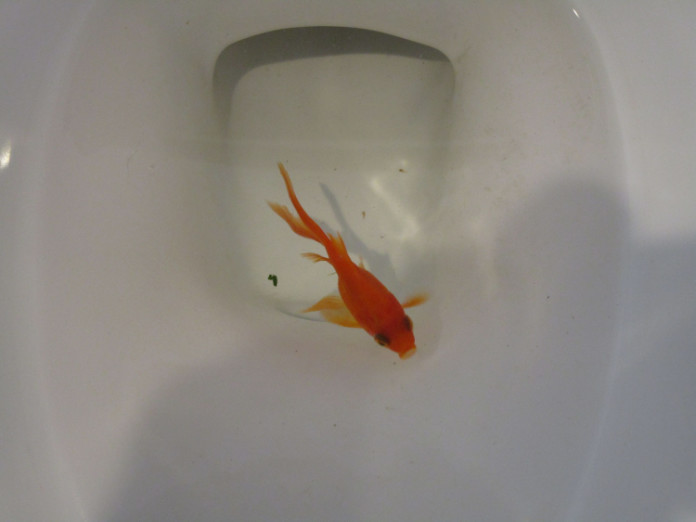
We hope this is a funfair stereotype rather than something people actually do, but for the benefits of the few, putting a goldfish down the loo is a dreadful, dreadful idea. You’re not releasing it back into the wild – most fish can’t survive sewage water for more than a couple of minutes – and the minority that do reach liveable water can wreak havoc on the local ecosystem. Rogue goldfish in America commandeered a local waterway and grew to the size of dinner plates. Yikes.
5. Dental floss
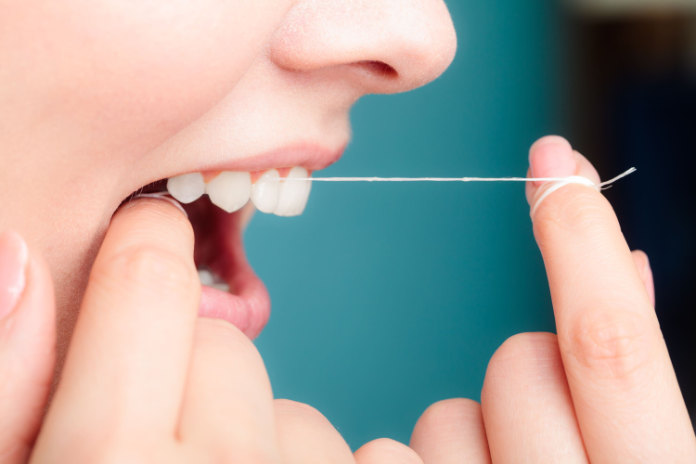
Dental floss is not biodegradable, and just think what can happen when a whole load of it tangles together. Imagine your headphones after they’ve been in your pocket for a minute or two, and combine that result with some sewer water. Yep – it gets messy. Incidentally, hair does similar things – it has the same effect on your water pipes as it does your shower drain.
6. Pills
You’d have to put an awful lot of pills down your toilet to seriously inhibit water flow, but disposing of medication via plumbing carries a different set of hazards. Popping your pills down the loo injects chemicals into our water supply, affecting a range of freshwater ecosystems and, potentially, our drinking water. Flushing away expired medicine means that, ironcially, it could end up entering your system through your taps.
So, toilets are not an answer to domestic waste, and, on pain of fatberg, they ought to be treated with due respect. The moral of the story is simple – use your bathroom’s bin.
You may also be interested in…























































